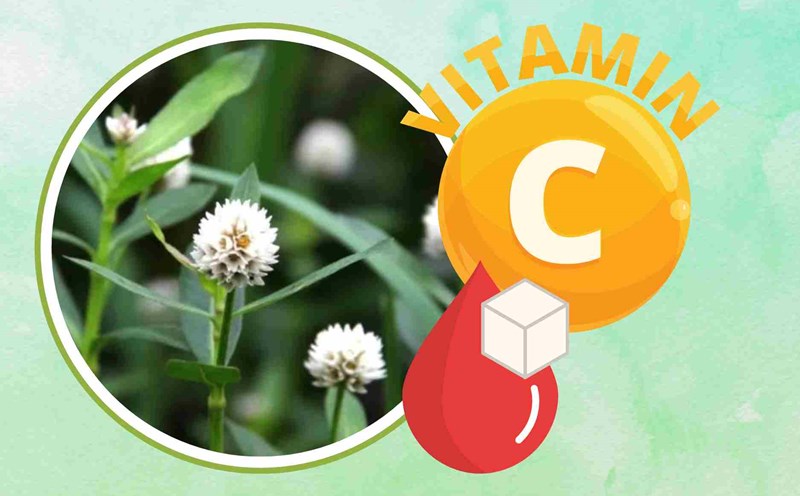Rich in antioxidants
Sweet potato leaves contain many polyphenols, flavonoids and beta-carotene - substances with strong antioxidant properties. They help the body fight free radicals, slow down the aging process and reduce the risk of diseases such as cardiovascular disease, diabetes, cancer.
Support blood sugar regulation
Not only the tubers, but sweet potato leaves also have the ability to help regulate blood sugar levels. Some studies show that sweet potato leaves help improve insulin sensitivity - especially useful for people with prediabetes or type 2 diabetes.
Good for the digestive system
Sweet potato leaves contain a high amount of fiber, which helps increase intestinal motility, prevent constipation and support the gut microbiome to function well. This is an ideal choice for people with frequent digestive disorders.
Support detoxification and cooling
In Chinese medicine, sweet potato leaves are refreshing, sweet, help cool, detoxify, and diuretic. Eating regularly helps cool the liver, supports detoxification and improves the skin.
Blood transfusion, enhanced vision
The iron and vitamin A content in sweet potato leaves help create blood and nourish the retina. This is a vegetable that should be included in the diet of people with anemia, pregnant women or people who often work with computers.
Notes when eating sweet potato leaves:
Do not eat too much raw sweet potato leaves, as it can cause bloating due to its high concentration of insoluble fiber.
It should be boiled or stir-fried thoroughly to help digestion better and reduce the risk of infection from the soil.
People with a history of kidney stones should limit it because vegetables contain a lot of oxalate.











